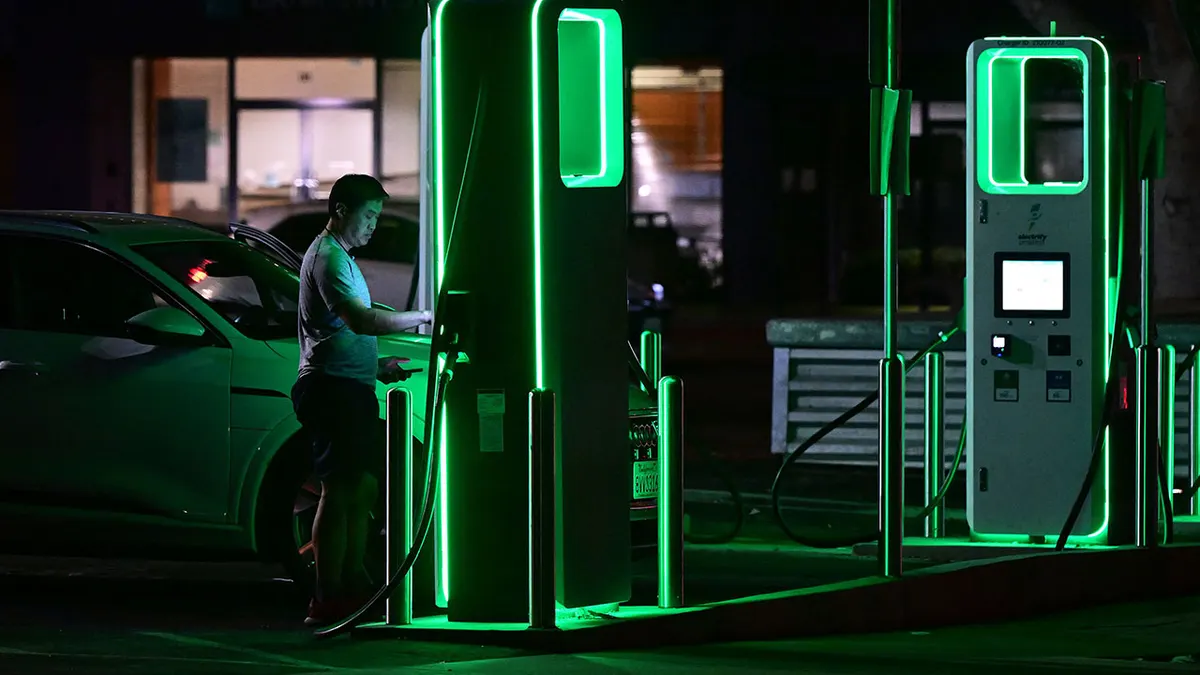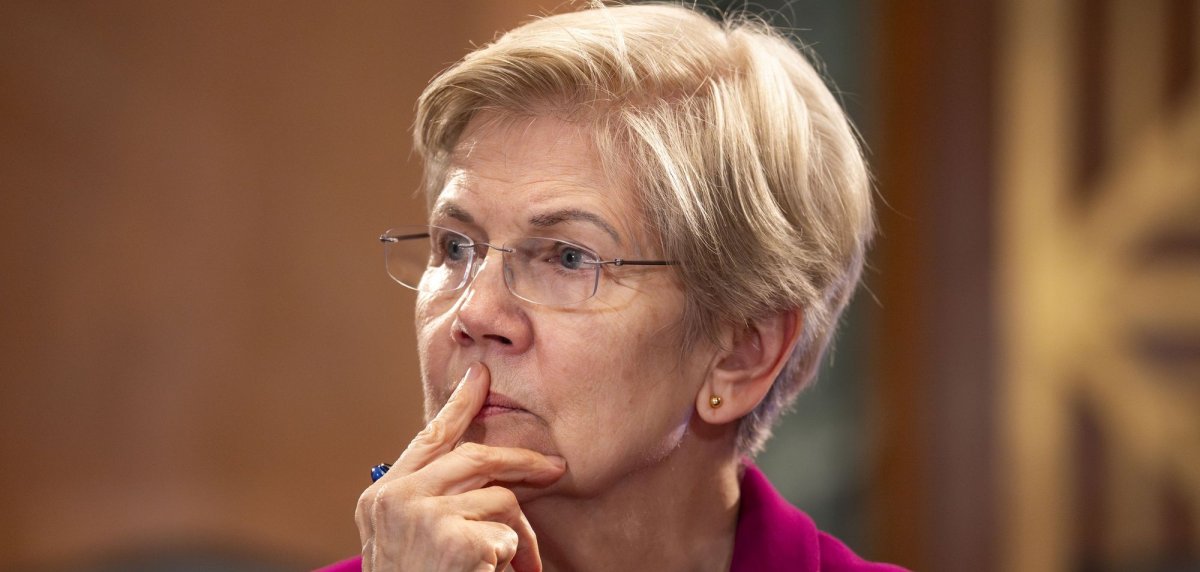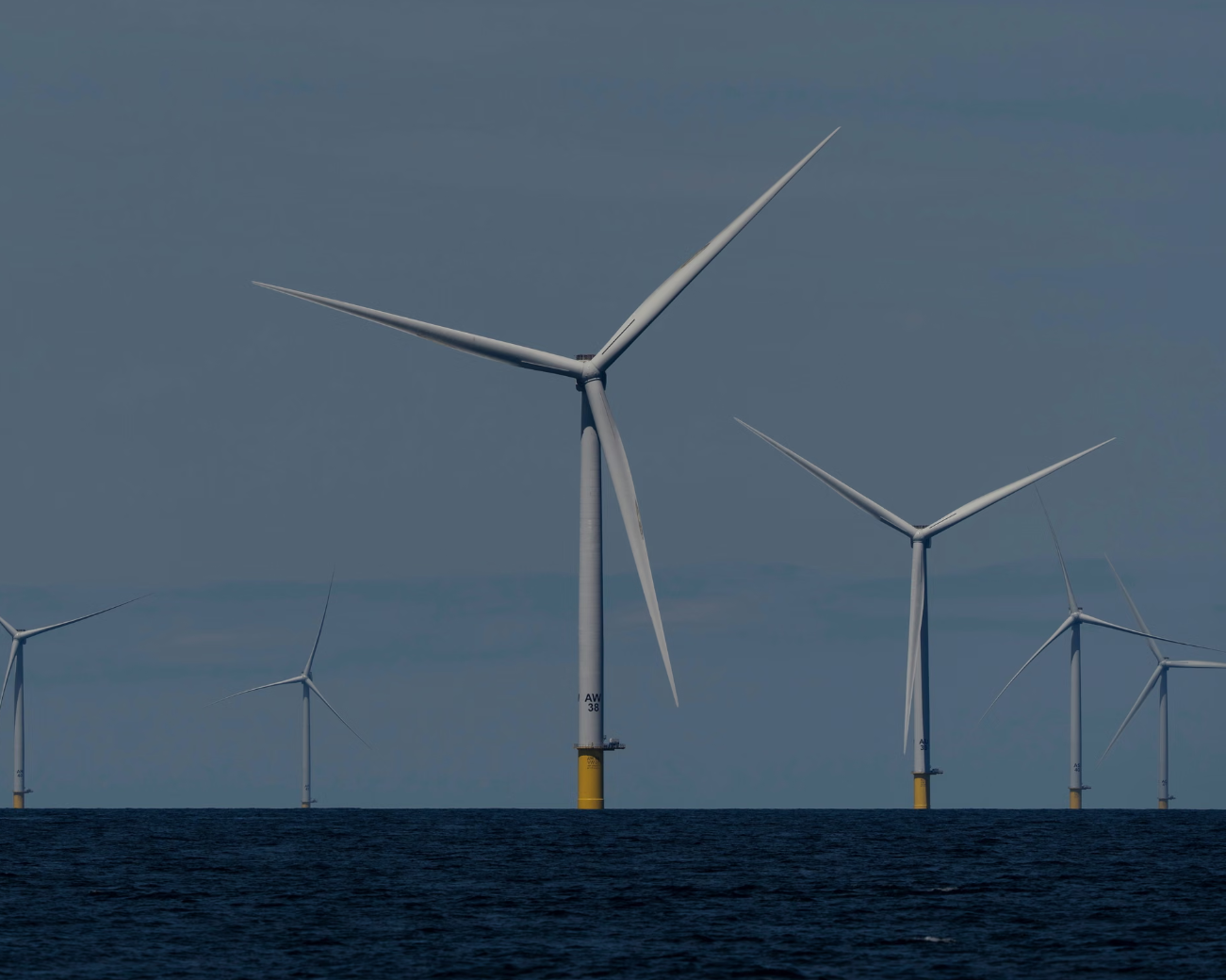WASHINGTON, June 26 (Reuters) – A group of 26 state attorneys general led by West Virginia and Kentucky on Wednesday challenged the Biden administration’s new fuel economy rules, calling the requirements unworkable and saying they would force automakers to build more electric vehicles.
The National Highway Traffic Safety Administration earlier this month finalized tighter vehicle fuel economy rules through 2031 that are significantly less stringent than first proposed.
NHTSA said it would hike corporate average fuel economy (CAFE) requirements to about 50.4 miles per gallon (mpg) by 2031 from 39.1 mpg currently. The new requirement is barely above the 49 mpg it previously required for 2026.
Republican state attorneys general and oil industry groups have challenged a number of regulatory efforts by the Biden administration to boost vehicle efficiency, reduce greenhouse gas emissions and increase EVs, while Republican presidential candidate Donald Trump has vowed to rescind the Biden administration’s EV regulations.
The lawsuit by the state attorneys general, filed in the 6th Circuit U.S. Court of Appeals, argues that the rule “exceeds the agency’s statutory authority and otherwise is arbitrary, capricious, an abuse of discretion, and not in accordance with law.”
In July 2023, NHTSA proposed boosting CAFE requirements by 2% per year for passenger cars and 4% per year for light trucks from 2027 through 2032. The final regulation, however, has no increase for light trucks for 2027 and 2028 and will require only 2% increases from 2029 through 2031.
Last year, NHTSA said its proposal to hike fuel economy standards through 2032 would cost the industry $14 billion in projected fines over a five-year-period. Under the final rule, the auto industry is collectively expected to face a total of $1.83 billion in fines from 2027 through 2031 – or it could be as little as nothing, NHTSA said.
It was the third action that President Joe Biden‘s administration has taken in recent months that tightened vehicle regulatory proposals less than originally promised. New compliance calculations for EVs that were less strict than proposed, and new tailpipe rules would ultimately require automakers to make fewer EVs than they had originally forecast.




